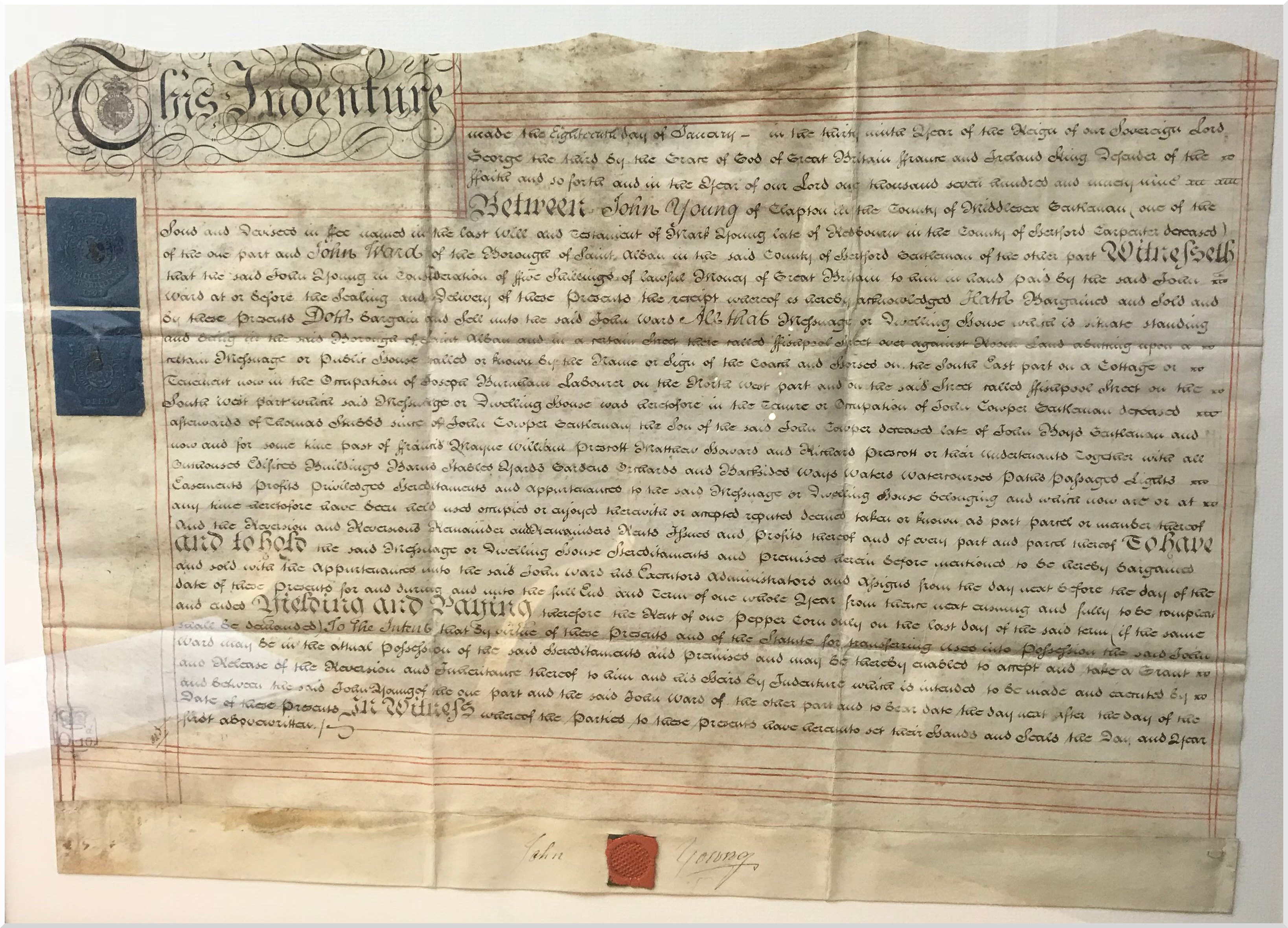In line with other parts of the law the Family Justice system has been hearing some cases via telephone and video conferencing, rather than meeting face to face in court. The object of this is to minimize the risk of the Covid-19 virus being passed on through unnecessary personal contact. These temporary measures were rapidly introduced in late March and have now been the subject of a two-week long government review to examine their effectiveness and impact.
The research has been carried out by the Nuffield Family Justice Observatory (NFJO) at the request of Sir Andrew McFarlane, President of the Family Division of the High Court. The NFJO is an independent organisation which uses data and research to promote evidence-based improvements to the lives of children and families. Opinions were sought from a wide range of individuals involved in the family justice system, including families being represented in hearings and professionals such as judges, solicitors, social workers and court staff. In all over 1,000 people took part in the survey.
The research showed that:
- Most people agreed that in the current situation remote hearings are justified. Some also felt that this way of working could continue in the future for certain cases.
- Major concerns were raised about the fairness of some remote hearings, where the lack of face to face contact meant a respondent’s reactions and body language could not be seen and interpreted. Sympathy and empathy towards vulnerable individuals was therefore hard to achieve.
- Taking or giving instructions was difficult since any communication could be heard by everyone involved. Private discussions between clients and their representatives were often impossible for the same reason. Usually there was no provision for breaks in the proceedings, when private discussions would normally have been possible.
- In other cases it was difficult to ensure the full participation of all parties involved. Sometimes individuals, including parents, who should have had access to the discussions were not invited. Conversely, there were instances where some of those present on conference calls, for example social workers, should not have been involved as they were potential witnesses in the case.
- Concerns over parties involved in domestic abuse were raised. For example, a victim might have to take part in a remote hearing from their own home, probably the very property where they suffered the abuse. Additionally, those with disabilities or cognitive impairment, or in cases where an interpreter was required were also at a disadvantage.
- Nationally a wide variation in the types of cases either going ahead or conversely being adjourned was also noted.
- Some parents and legal representatives complained about a lack of preparation time, with hearings arranged at the last minute or with documents missing. Hearings could also be switched from telephone to online at short notice.
- Many different telephone and video conferencing systems are being used, which had led to confusion. Telephone hearings are more common, though using video was felt to be more effective.
- Access to the technology for all parties was an issue, as well as the appropriate level of technical ability. There was also a lack of clearly defined roles in setting up and administering hearings, and IT support and training was lacking. Problems with the technology itself often interrupted cases, with hearing what was said or poor broadband connections often causing difficulties.
Summing up the report’s findings Sir Andrew McFarlane acknowledged the rapidly changing situation facing Family Justice, and the difficulties faced by judges in deciding whether, and how, cases should proceed. The statement he made when remote hearings were first proposed is just as relevant two months into the lockdown: “we must not lose sight of our primary purpose as a Family Justice system, which is to enable courts to deal with cases justly, having regard to the welfare issues involved….(and to ensure) that parties are on an equal footing. In pushing forward to achieve Remote Hearings, this must not be at the expense of fair and just process.”
It can be stressful and complicated when relationships break down. Bretherton Law’s experienced Family and Child Law Solicitors have been helping people with changes in their circumstances for over 50 years. We are members of Resolution and Accredited in Family Law by the Law Society. For honest, sympathetic advice call Atifha Aftab on 01727 869293, or make an appointment request via the form below.
Related Information
For further information on the review go to: Remote hearings in the family justice system: a rapid consultation





